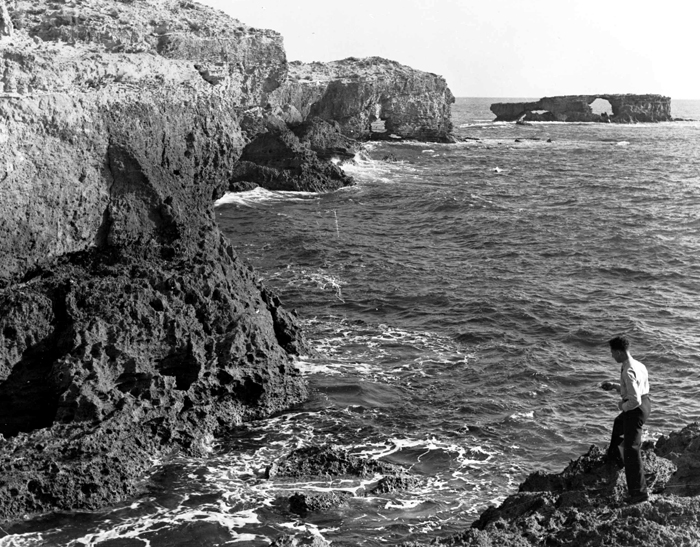On October 25 Dr Geoff Wells presented to the State History Conference 2015 at Robe SA, on the Robe Conservation Study 1979.
This study was a ground-breaking piece of work in many ways. Mounted at the end of a decade which had seen the first substantial building blocks put in place in environmental policy and legislation, at both Federal and State levels, it reflected a view of community development that was ahead of its time and still relevant today.
Key to the work was an insistence on a fully integrated conception of development, which embraced natural environment, historical, cultural and built environment in a conception of place. It also had a focus on the community’s own attitudes and perceptions. It took a firm position that the potential for sustainable development (a term they used, one of the earliest uses of it) lay in the hands of the community itself, in an informed understanding of the integrated structure of the place they lived in, and the meaning they themselves found in it.
The presentation proposed that these principles find a place in the development of sustainability concepts and programs, through the following decades into the present, in the UN Sustainable Development goals. They are therefore are relevant and urgent now as they ever were.
Here is the audio of the presentation:
The slide presentation is here.
The running sheet is here: Robe Conservation Study 1979


Leave a Reply